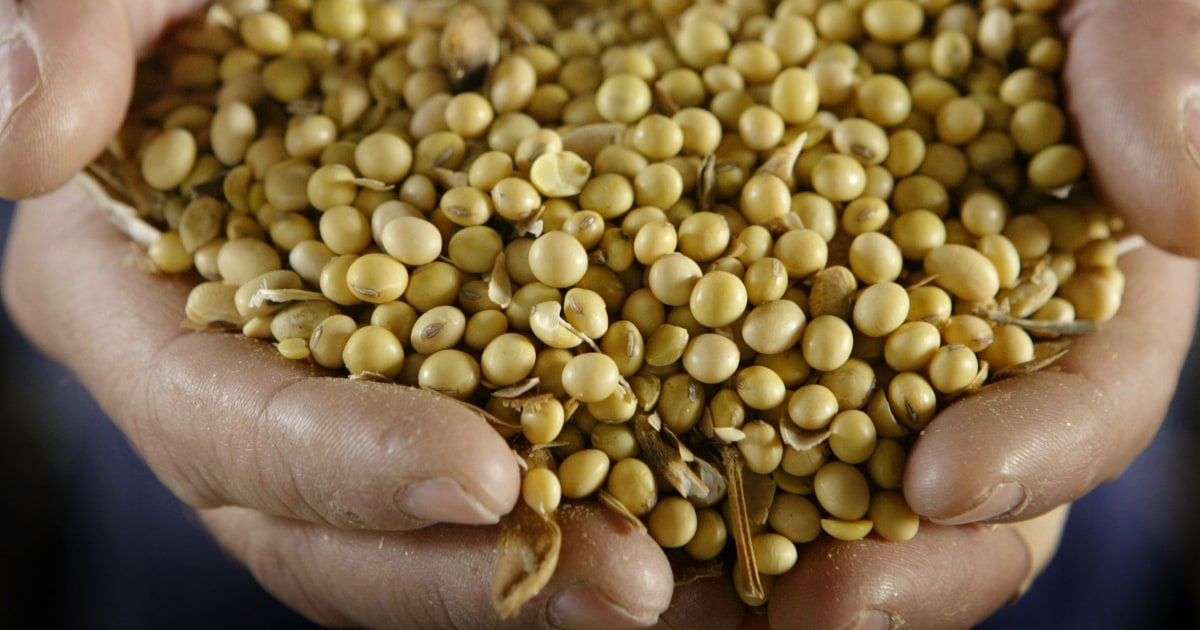
Labels on some food products are changing, thanks to new guidance now in effect from the U.S. Department of Agriculture.
Foods that had been labeled as containing “genetically modified organisms (GMOs)” will now be known as “bioengineered,” or having been “derived from bioengineering,” under standards set by the USDA’s National Bioengineered Food Disclosure Standard that took effect on Saturday.
This change has been in the works since 2016, with passage of the National Bioengineered Food Disclosure Law.
In 2018, then-Agriculture Secretary Sonny Perdue hailed the new label as another step toward the “transparency of our nation’s food system” to ensure that there’s “clear information and labeling consistency for consumers about the ingredients in their food.”
But critics of the new labeling system cast it as nothing but a win for big food businesses — particularly by jettisoning the term “GMO” from aisles, according to Marion Nestle, a semiretired professor of nutrition and food studies at New York University.
Nestle even mocked the “bucolic” label that’s supposed to tell consumers a food product has been genetically modified.
“It (GMO) has a pejorative connotation about it. Everybody knows it and it’s what everybody wants to avoid,” she told NBC News on Thursday.
“GMOs are now gone and the label for genetically modified foods is now ‘bioengineered,’ whatever that means. It sounds much less threatening. It’s adorable. It has a bucolic farm scene on it, so it’s not only bioengineered, it’s your fantasy of rural America,” she said.
Aaron Ashok Adalja, who teaches food and beverage management at Cornell University, said he’s skeptical that this new labeling system will make a lick of difference in the food-buying habits of Americans.
Consumers who want to sidestep foods with GMOs could already lean on the FDA’s standard for “organic” products, which has been around since 2000.
“Any substitutions that consumers were going to do toward other products that are non-GMO, that’s already happened,” Adalja said.
Among the biggest beefs with the new standard is that it doesn’t apply to livestock feed, with animals regularly being fed corn or soybeans that have been genetically modified.
“If you’re producing meat where the animal is using GMO livestock feed, it’s exempt,” Adalja said.
“I mean we can talk for hours about all the different sort of loopholes. And I think that’s a major concern among a lot consumer groups. There are too many opportunities to be exempt to make it really have the regulatory teeth that a consumer advocacy group might want if they are concerned about avoiding GMOs.”
Source: | This article originally belongs to Nbcnews.com









